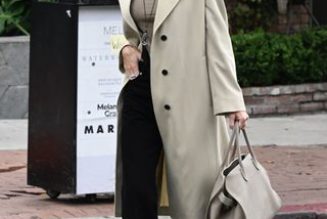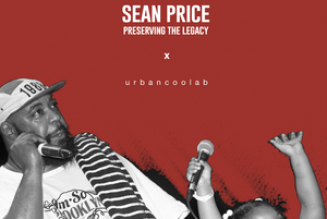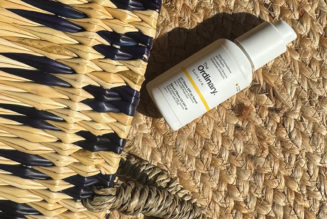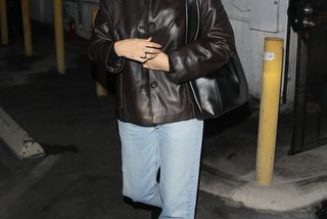
For years, wealthy Chinese tourists had travelled to Europe to shop at its boutiques, but when the Covid-19 pandemic struck, the country introduced draconian restrictions that stopped them from leaving the country. The measures also threw the world’s second largest economy into a slowdown that it is struggling to recover from, with consumer confidence hit and attitudes towards high-end purchases starting to shift. Now, as China emerges from its coronavirus haze, luxury brands are trying to woo its shoppers back. In this difficult context, they clearly want to avoid being trapped by trade tensions between the European Union and China.
While Chinese President Xi Jinping is in France for a state visit, the luxury sector hopes to bring several sensitive issues to the table.
Tariffs and regulatory barriers
In recent months, the EU has increased investigations into Chinese state subsidies to several industrial sectors, particularly electric vehicles. In response, China opened an anti-dumping investigation against the European spirits sector and threatened certain products – notably cognac and Armagnac – with a preventive increase in customs duties.
After LVMH’s annual general meeting in Paris on April 18, the group’s CEO, Bernard Arnault, said he hoped the visit to France by China’s Xi Jinping would help smooth trade relations between with Beijing. “I hope the economic tensions will quiet down and that we can continue a solid economic collaboration with China,” he told reporters.
As far as cognac is concerned, his wishes have been granted, the hike in customs duties is, it seems, suspended.
But this was not the only area of concern for French luxury brands; the cosmetics industry, for its part, hopes the heavy regulations that Beijing wants to implement to be reduced. As France was running a trade deficit of 46 billion euros (USD 49.6 billion) annually with China, the perfume and cosmetics sector is one of the rare areas where France enjoy a trade surplus. The stakes are high for the country!
“For trade to be fair, access to each other’s market also needs to be reciprocal. We discussed how to make real progress on market access. I remain confident that more progress can be achieved. At the same time, we stand ready to make full use of our trade defence instruments if this is necessary,” said European Commission President Ursula von der Leyen said on Monday, following a trilateral meeting with French President Macron and China’s Xi Jinping.
Slowdown in China
These trade tensions come at the worst possible time for the luxury industry. Several global brands have reported dull sales due to the slowdown in the Chinese market. Consultancy firm Bain & Company forecasts single-digit growth in the Chinese luxury market in 2024, compared to 12 percent last year.
“The economic downturn is impacting Chinese luxury consumers’ confidence,” said Lisa Nan, correspondent for Jing Daily, which reports on the Chinese luxury sector. “We are facing much more cautious and value-driven consumers, that also check the handbag’s second-hand market value before making a purchase.“
Post-pandemic, there has also been a shift in consumer tastes and priorities. Some consumers say they prefer to travel rather than purchase overpriced goods.
That’s a trend evident in a report on high net-worth individuals’ preferences compiled by research firm Hurun. “There is a significant shift towards experiential luxury rather than luxury goods,” said Nan of Jing Daily.
Euromonitor International’s Head of Luxury Goods Fflur Roberts said the outlook for the luxury market remained “challenging”, and that brands should err on the side of caution. “That said, China is still home to over 2.5 million people with a net wealth over USD1 million,” she added.








